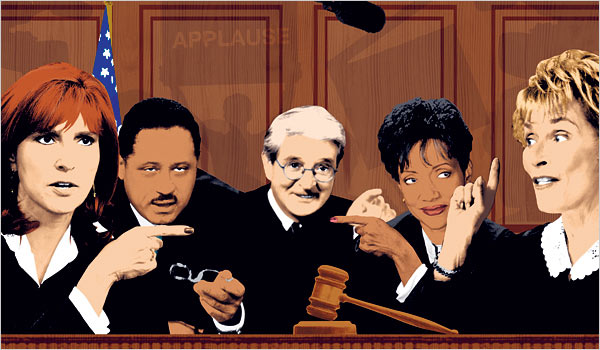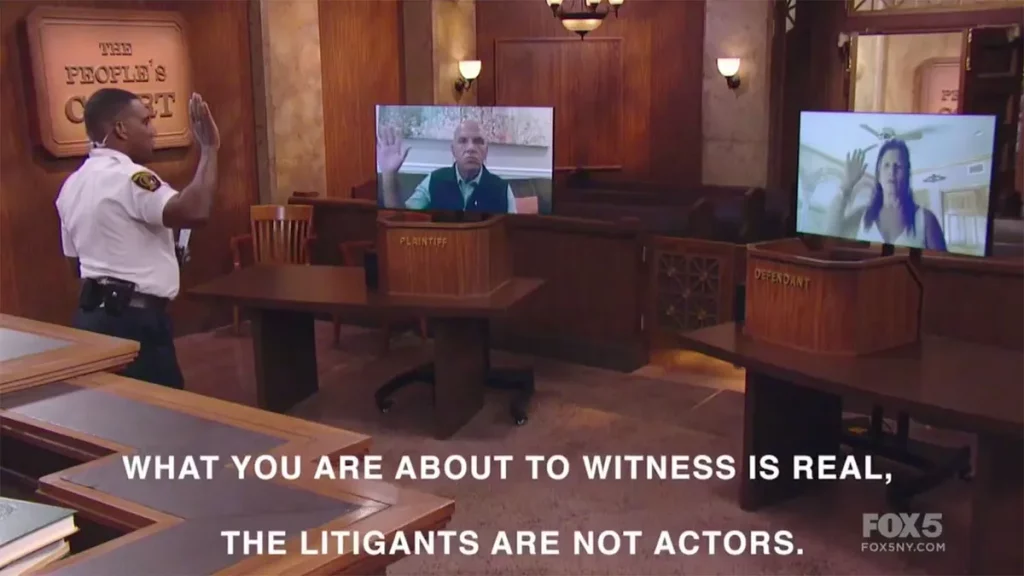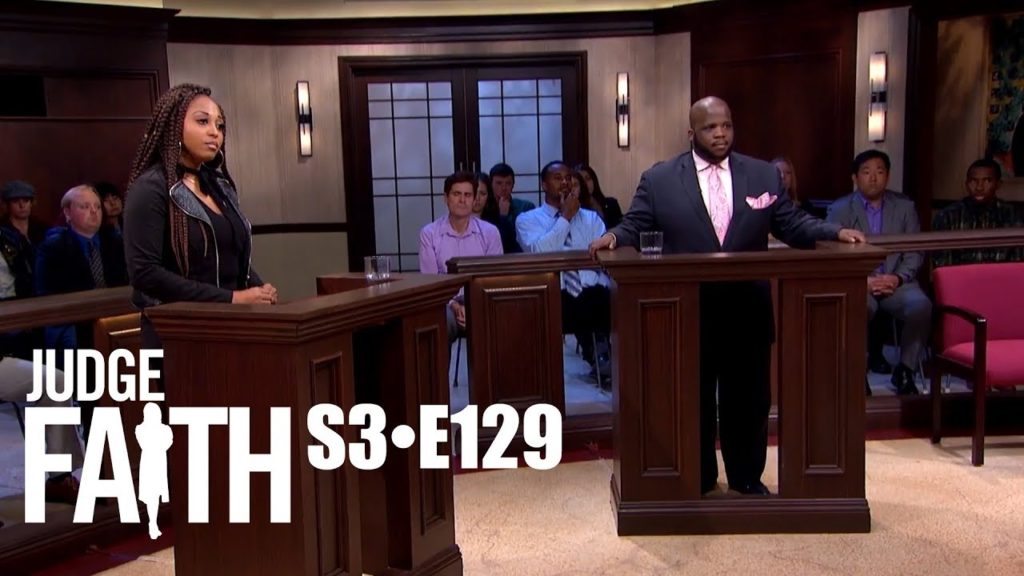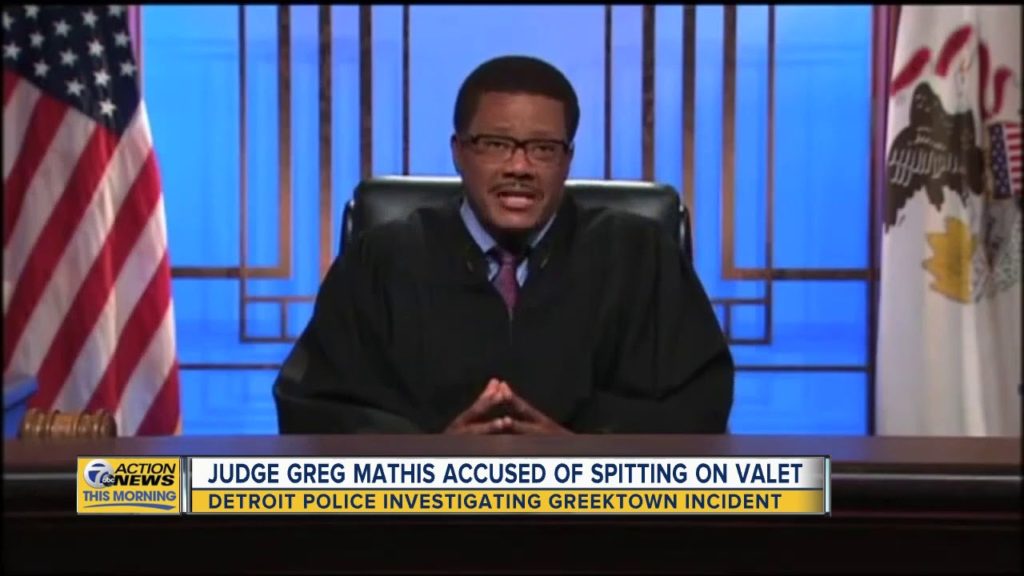'Zom 100' Critiques Predatory Capitalism
Zombie apocalypses have been metaphors for late-stage predatory capitalism, but never a system disrupter that brings about freedom.
Have you ever found yourself watching reruns of a Court TV show centered around a seemingly innocuous dispute between two parties, only to be blindsided by a sudden diatribe on a sociopolitical issue tied to poverty? The judge offers a pseudo-intellectual perspective infused with pro-capitalism, the prosperity gospel, toxic positivity, and an additional layer of pseudo-religious underpinning. Bonus points if the narrative portrays poverty as an individual failing, culminating in the unironic imposition of an additional financial burden in the form of a judgment.

News anchors hold a unique position in society, acting as conduits for the transformative power of television. They have shifted the concept of a trusted news source from journalism itself to a trusted individual. This shift has had far-reaching ramifications that persist today. While many well-respected journalists with integrity have served as news anchors and media sources, it is undeniable that we have entered an era dominated by the TV Personality. These individuals are entertaining, charismatic, and often unencumbered by traditional journalistic standards. To be fair, such shifts have occurred before; prior to the 1900s, journalism experienced a chaotic period known as Yellow Journalism, characterized by a style of reporting that prioritized sensationalism over factual accuracy. In essence, this is a case of history repeating itself.
Court TV shows showcase legal professionals assuming roles as TV personalities. This situation poses a proverbial double-edged sword. Whether it’s Judge Faith, Judge Milian, the particularly problematic Judge Judy, or the confrontational Judge Mathis, these TV personalities leverage their authority as legal professionals to promote social ideas beyond the legal context of the small claims cases they preside over. These ideas are not particularly progressive or critical of systemic issues on the whole.

Viewed through a progressive lens, grounded in the belief that safe and secure housing is a right, that there exists a housing crisis that has been critically underexamined for decades, and acknowledging the imbalanced power relationship between tenants and landlords, these shows become challenging to watch critically.
The People’s Court, Judge Judy, and Judge Faith, in particular, consistently feature a barrage of eviction cases where the spotlight often falls on eccentric tenants who are portrayed as outrageously behind on their rent. Despite the almost predetermined outcome, as the judges typically enforce the rental agreement, we are subjected to 10-20 minutes of a well-presented landlord providing inflated testimony that essentially boils down to “she signed the contract, and I want it enforced no matter what.”
Conversely, the tenant, usually the defendant, is portrayed as overly emotional as they plead their case, often having their passion beaten into anger or defeat. They highlight neglected maintenance issues, hardships, and mean-spirited antics of the landlord. There is no critical analysis of the significant power imbalance and the fact that housing is a necessity, not a luxury product. The tenants’ inability to pay, the judges repeat ad nauseam, is not a legal defense. This stark disconnect between the legal and real worlds offers little relief for financially beleaguered tenants, a point they argue is contrary to the intended purpose of the courts.

What is the purpose of the courts, especially Court TV? It would seem to be to give a platform to debunked talking points that blame poverty on the individual, promote bootstrap mentality, and push other pseudo-intellectual schools of thought. Judge Faith will ask you why you have the audacity to have nice flat screen TVs when you are on Section 8. Apparently, watching TV on modern sets is for the financially astute. Add this to the list of other things poor people are not “allowed” to have in this poor thought exercise, including, cigarettes, fun activities, asking for days off from work, and any other thing that might give you temporary mental relief from the stress of poverty.
Judge Milian repeatedly pushes the idea that “everyone else” is paying the rent of litigants who happen to be on housing assistance, often in tandem with implying that short of an obvious disability, it’s ridiculous for someone to be on assistance and not “working.” She also seems personally offended when tenants have external legal judgements that are more advantageous to them. In particular, she does not like seeing tenants be given more than 30 days to vacate. Again, no mention of invisible disabilities, stagnant wages, inflation, or any of the myriad of reasons a person might need economic assistance. Sufficient malice and incompetence are often indistinguishable, so one has to wonder, can she not think of any other reason people would need assistance or does she not care?
Judge Judy also participates in this trend, and, like Judge Milian, frequently approaches the uncomfortable territory of the racist welfare queen trope perpetuated by Nixon and other conservative forces. It’s challenging not to cringe as young Black women and other women of color are verbally berated for their romantic choices on a public platform. Why are they only dating the men they have access to? Why shouldn’t their children go hungry just because the mom made a mistake in selecting the father? Why can’t they be superwomen like the judge and achieve tremendous success on their own, without relying on seemingly insignificant factors like childcare, wage gaps, racism, sexism, and the societal shaming they are currently experiencing as excuses? These terrible implications will be presented as necessary “tough love” to push them to be better. Of course, there will be no follow-ups, no after-trial resources provided, nor actual solutions to their problems. Just empty platitudes per usual.

Don’t think the male judges don’t get in on the act! Judge Mathis is infamous for calling litigants struggling with substance abuse and drug addictions “crackheads” derisively on air. He also routinely reminds us that “ignorance of the law is no excuse,” again with no critical analysis of how nonsensical it is to have laws that you are unaware of but subject to. People will densely act like this is about laws like murder, which we all know is illegal, and not about say, not knowing its a felony to climb a tree at the supreme court. Didn’t know that, doesn’t matter! Wondering why, that’s not your concern, someone, somewhere made a law, and you are to presume it has your best interest at heart. We also don’t want something as silly as practicality get in the way of the laws application.
Mathis also once falsely equated the B-word (kitchen minus the ‘ken’ and add a ‘b’ to the front) with homophobic slurs to dismiss the counterclaim of a gay Black litigant who felt he was bullied at work. While one might argue that calling his Black co-worker a B-word is problematic, it seems odd to pretend that calling her that in anger after being called a slur is “equal” discrimination.
Mathis also takes pride in turning his life around from his past run-ins with the law. However, don’t expect empathy for your similar underprivileged background from him. Instead, you’ll likely receive a pull-yourself-up-by-your-bootstraps speech. He often recounts a personal experience where he was forced to pay for two cars simultaneously while attending college, emphasizing that the though incident was not his fault, he took “accountability.” Him paying this off would be inspirational if it was accompanied with an analysis that contract law in the U.S. suffers from power imbalance and is ill-equipped to solve systemic social issues. From car loan contracts to housing agreements, the least powerful, usually you and I, have been lobbied out of the equation. This leaves one-way contract laws that seem to give you no relief if things change on your end. Apparently, you taking “accountability” will solve this according to Mathis.
These court shows select the litigants, the cases, and the presentations of both. Messaging does not have to be intentional to be detrimental. Similar to copaganda TV shows, these shows seem to exist outside of any critical analysis from the fields of Sociology, Psychology, Economics, and other Social Sciences. But then again, so does the legal system, and that is the rub.
Related lists created by the same author
Zombie apocalypses have been metaphors for late-stage predatory capitalism, but never a system disrupter that brings about freedom.
Related Movie / TV / List / Topic
On March 31st, International Trans Day of Visibility, following some COVID related delays, the trailer was finally dropped, and although Taylour Paige and Riley Keough look to impress as lead characters Zola and Stefani, a brief cameo from a queer icon was what convinced me I have to see this movie.